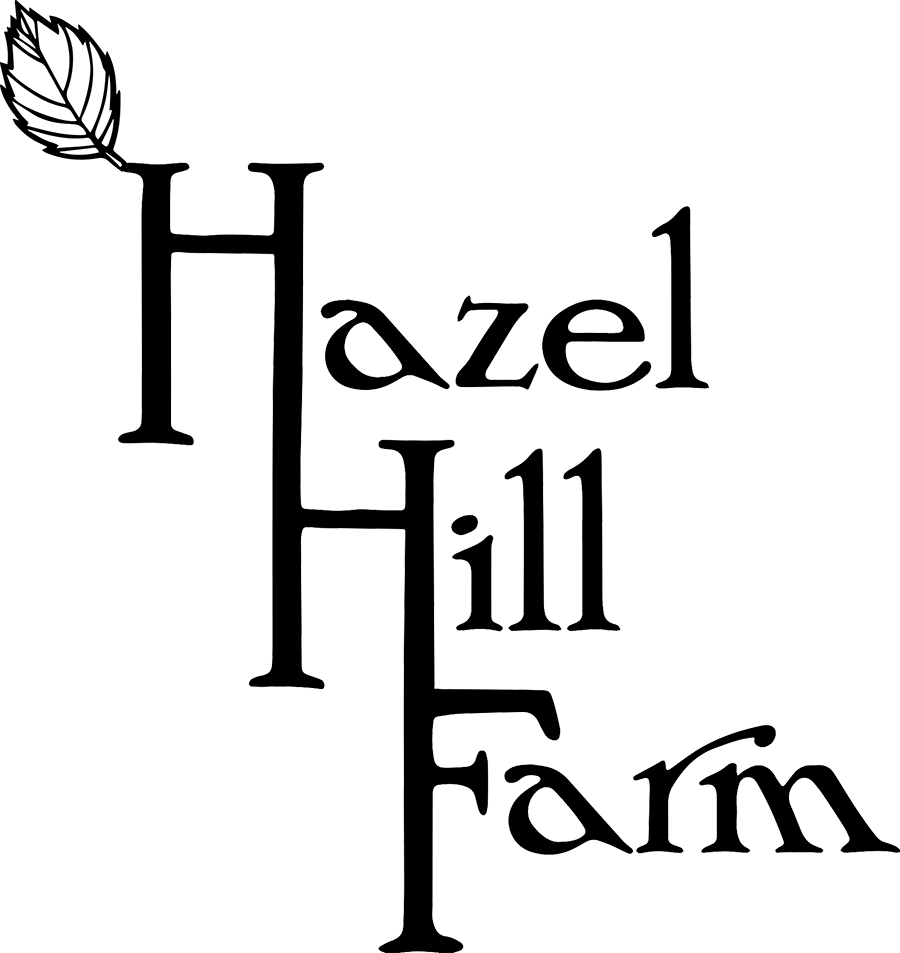This past winter, besides my usual heavy dose of reading and movies, I spent plenty of time on the computer looking for ways to continue my agricultural education even in the off-season. While there is no real substitute for learning by doing, my natural bent is towards exhaustive research and planning. In my digital meanderings, I came across plenty of very helpful resources and eventually will take the time to share links to some of the site I have found most useful. It was through internet searches and reading blogs that I found out about MOSES, and about the Cornell Cooperative Extension. All land grant colleges have farm extensions, but Cornell's seems to excel in certain areas like sustainable farming and small farms. After reading through the different online courses Cornell offered through the winter, I decided that a course geared toward the economic side of farming might be the most helpful. After all, learning about financial planning on a computer is about as in the field as learning how to seed in a greenhouse! The course consisted of a weekly live webinar supplemented by readings and assignments for about seven weeks.
Holistic financial planning basically consists of financial planning with a view toward the "whole" person, household, or farm. Holistic financial planning for farmers consists of laying out your farm and family/personal values and goals, and make sure the way you run your farm business falls in line with those goals. For example, one might look at a budget and suggest lowering wages to the minimum wage to increase profits in a certain enterprise, but if one of the principles of the farm is to provide a good job for its employees, cutting the wage would not be an acceptable option. (The principles I outlined on the Farming Principles page are in fact the result of an exercise we did in the beginning of the course.) Included in these goals and principals is the quality of life that the farm as a business is expected to sustain. With an eye on these goals, you evaluate each individual enterprise on the farm and make sure they fall in line. For example, if you've always raised turkeys every fall, but they make very little net profit and you hate cleaning up after them, you might consider doing away with the turkey enterprise. If, however, you always have people asking for more chickens after you have sold out, you make a healthy profit on chickens, and you like taking care of them, you might look for ways to scale up your chicken enterprise to meet demand. On the more technical side, the course also went into how important it can be to really crunch your numbers as a farmer. After all, you don't know what your profits are for each enterprise if you don't keep track of your expenses. Enterprise budgets led me down another internet-fueled rabbit hole, further confirming my tendencies towards compulsive information-gathering (not bad, as far as compulsions go!).
Because I'm not currently running my own farm, the tools I learned in this course were mostly in the "file away for later" category. Additionally, I learned just as much valuable information from the other farmers in the course, who discussed the problems and solutions they had found in their own personal experiences. While I don't regret taking this course in the least, I'm not sure I would take another online course. I don't think the format is very conducive to my learning style, mostly because the slow pace of the webinars resulted in almost instant distraction. Since I was on my computer already, the ultimate distraction (interwebz!) was only a click away. Overall, however, I come away from the course a little more savvy in spreadsheets, a little more clear in my own goals, and a little more prepared for the task of running a profitable farm business, which is all I could have asked for (and more!).

